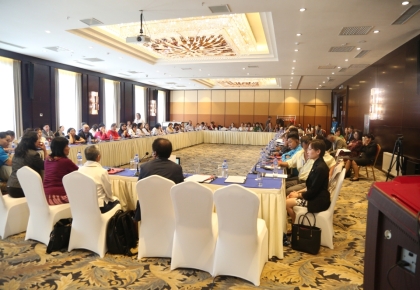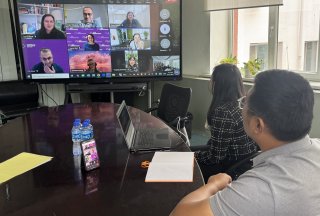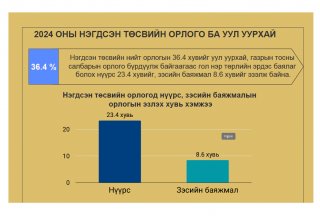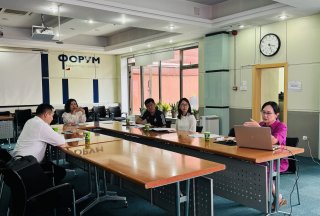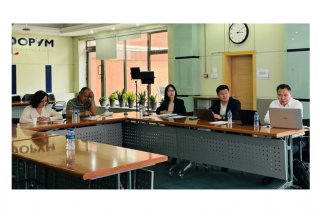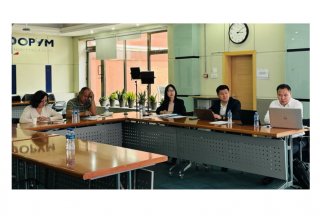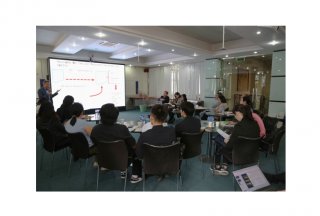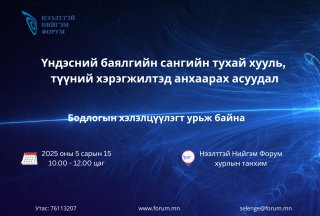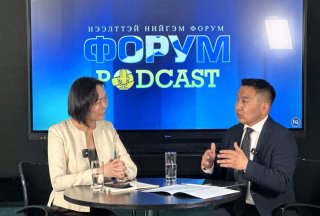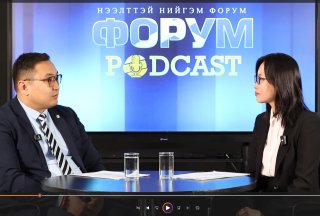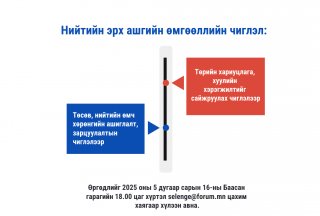NORTH EAST ASIAN NGOs SHARED EXPERIENCES
Roundtable discussion of North East Asian NGOs was organized on 5 July 2016 jointly by Human Rights NGO Forum of Mongolia, Asian Forum for Human Rights and Development (FORUM Asia) and Korea Center for UN Human Rights Policy (KOCUN). It is the third event after the first Forum organized in Tokyo in 2012 and second Forum organized in Seoul in 2014. The purpose of the event is to facilitate discussion among CSOs, experts, academia and UN human rights specialists about successful and effective implementation of UPR recommendations in North East Asia. The roundtable took place parallel to the 11th Asia Europe People’s Forum and it was funded by Open Society Forum, Mongolia. Sub-regional NGOs shared their experiences regarding implementation of UPR recommendations and discussed about effective future cooperation for human rights. The discussion brought together over 100 representatives from CSOs in Bulgaria, China, South Korea, Kyrgyzstan, Thailand and Mongolia including FORUM Asia, Amnesty International, and members of Mongolian Human Rights NGO Forum along with grassroots NGOs. NGOs from South Korea, Thailand and Mongolia including Korea Human Rights Foundation, People’s Empowerment Foundation (Thailand), KOCUN, Amnesty International Mongolia and Open Society Forum (Mongolia) presented about their good practices and lessons learnt regarding UPR 2d cycle reviews. Summing up the discussion, Evelyn Balais Serrano, Executive Director of FORUM Asia emphasized that “NGOs not only in cities but also grassroots NGOs have important role to play in UPR process. We need to be even better organized and more prepared when delivering our concerns at international platform as ambassadors of people. We need to define and understand clearly who are human rights defenders, we need to know and respond to their needs. There is also a need to make sub-regional update more regular and to study possibilities of engaging with NGOs in Central Asia. We need to work together to improve human rights situation in the sub-region addressing such issues as torture and marginalized groups with no internet access to learn about their rights.



 Naranchuluun
Naranchuluun 